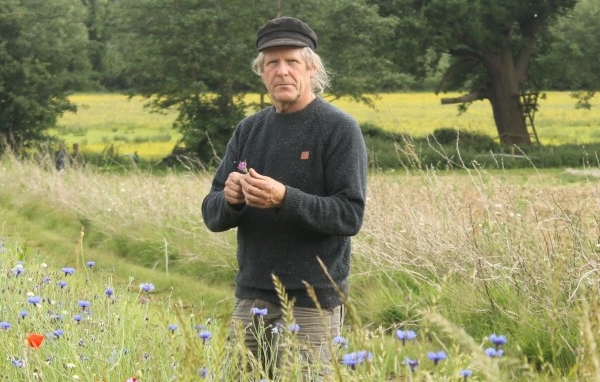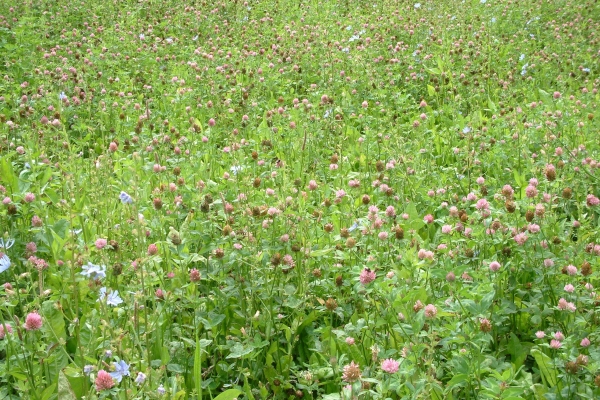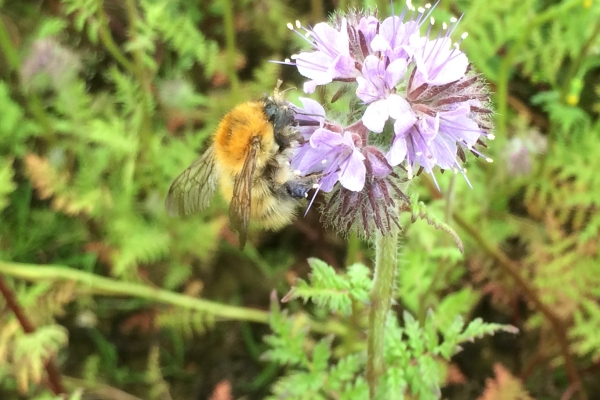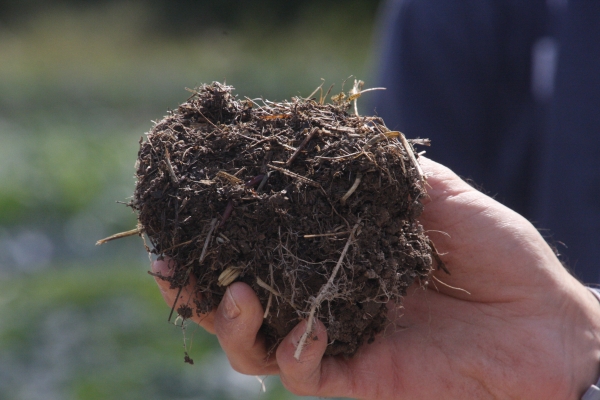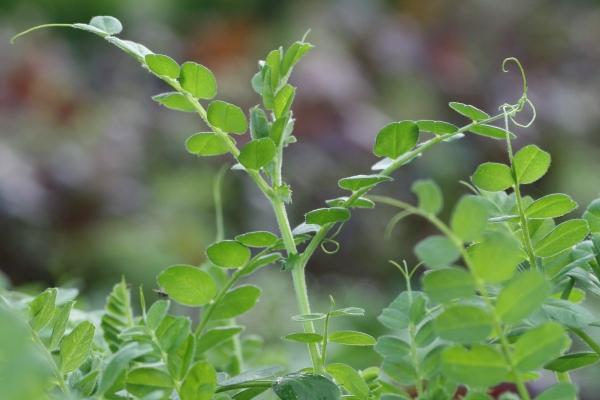Sustaining our soils: Getting the balance right
Can we or should we achieve closed systems?
Resource explained
This is a recording of an Organic Growers Alliance’s Organic Matters 22 horticulture conference session, organised and sponsored by CAWR and the Vegan Organic Network. It explores stock-free organic standards and carbon sequestration, mobile green manures, Organic-PLUS trials on fertility-building inputs, and grower experiences. Clo Ward of Ecodyfi outlines the potential for growing nitrogen (N) – rich leaf matter from species such as alder, broom, gorse and gunnera in marginal areas for use on vegetable cropland. Dennis Touliatos, researcher at CAWR and grower at the PLOT near Lancaster, explains their regenerative approach and decision making regarding inputs and practices on different sites. Francis Rayns talks about work focusing on fertility building inputs as part of the Organic-PLUS project and discusses issues surrounding fertility inputs in organic systems. Grower Iain Tolhurst talks about research that has been carried out at Tolhurst Organic by Agricarbon, measuring soil carbon to a depth of 1m, and recent updates to the Vegan Organic Standards. Donna Udal from CAWR introduces research priorities on soils and soil health for discussion.
Findings & recommendations
The workshop raises and explores a number of questions rather than offering prescriptive answers:
- Is there a N problem in organic cropping systems? Could N-fixing trees or shrubs (i.e. alder, gorse, broom) be grown on marginal land and cut and carried to crops when needed?
- Do the inputs used by no-dig market gardeners improve the soil? Are they sustainable? The quantities can be massive (4-6 cm depth of compost applied as mulch each year).
- A German study has shown that all nutrient budgets in protected cropping systems were unbalanced (an excess of N, phosphorus(P), and sulphur but a deficit of potassium).
- It is important to consider when nutrients will be available for plant uptake, not just the total amount. This is particularly important with regards to N.
- Organic matter – is it possible to have too much?
- Do excessive nutrient levels really cause a problem? (i.e. P inhibiting the uptake of zinc, copper, iron and manganese…)
Tolhurst Organic has operated as a vegan organic system for 35 years with no inputs of animal manures. Research by Agricarbon has shown that their soils are maintaining or slightly increasing carbon levels whilst growing 14 tonnes per hectare of food per year of vegetable crops.The average weight of carbon in their soils is equivalent to 80 tonnes or 12.5 mature oak trees per hectare.


